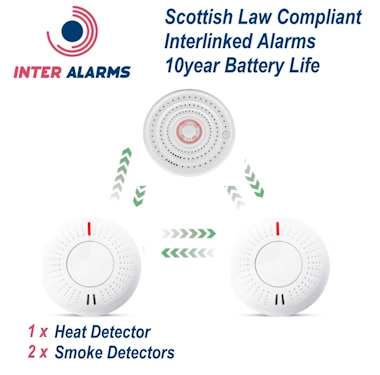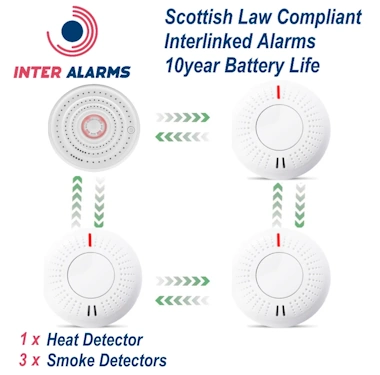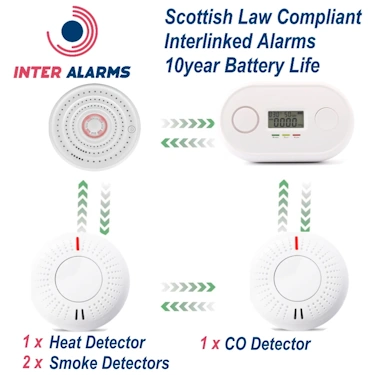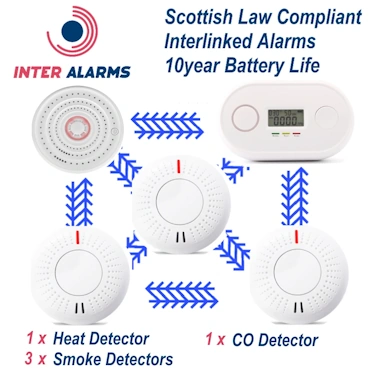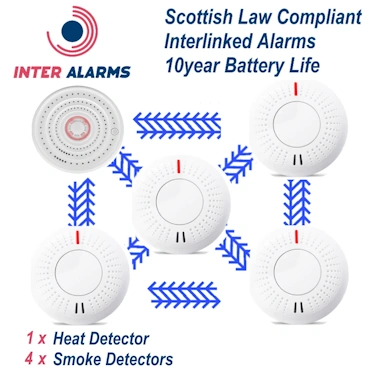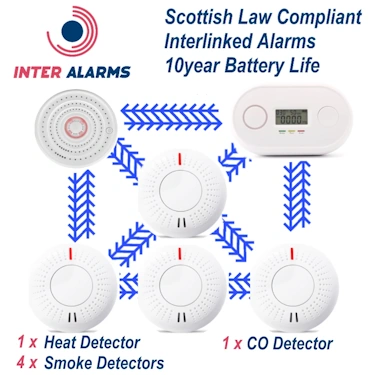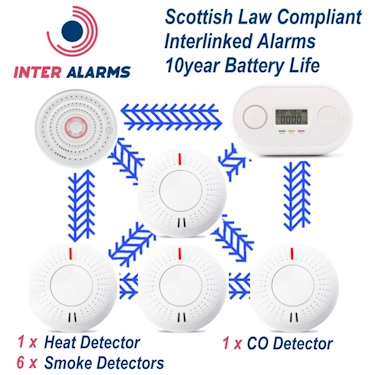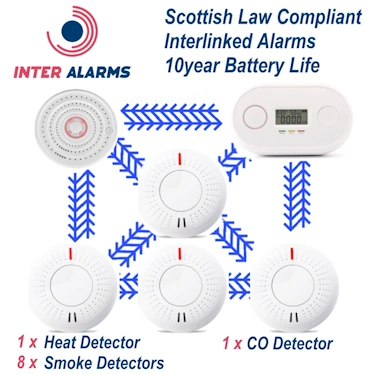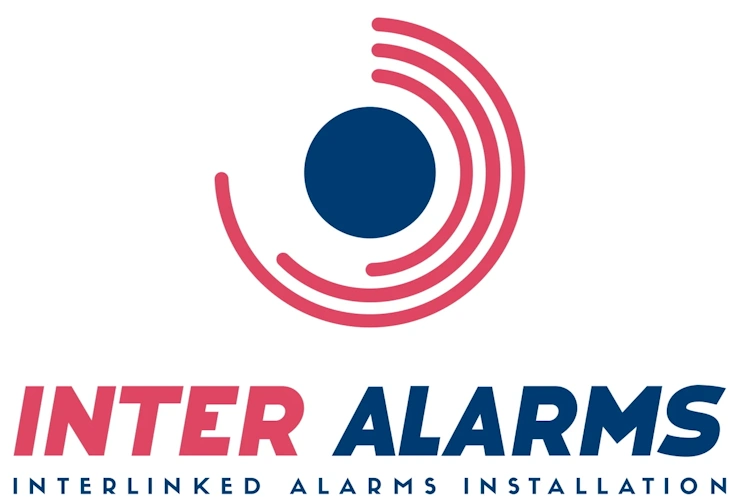Introduction
Smoke detectors are essential devices for home safety, alerting us to potential fire hazards. However, a smoke detector that constantly bleeps or chirps can be incredibly frustrating. This articel will explore the common reasons why smoke detectors make these noises and provide practical solutions to fix them.
Common Reasons for Smoke Detector Bleeping or Chirping
- Low Battery: One of the most common reasons for a smoke detector to chirp is a low battery. Most smoke detectors will emit a chirping sound every 30 to 60 seconds to indicate that the battery needs to be replaced. If your smoke alarm is fitted with a tamperproof 10 year bettery DO NO attempt to replace it. These alarms must be fully replaced when the 10 year period is over or the battery needs replaced, whichever is sooner.
- Battery Not Installed Correctly: If the battery drawer is not fully closed, the smoke detector may chirp. Ensure that the drawer is completely closed and the battery is properly installed.
- Environmental Factors: Humidity, steam, and temperature fluctuations can cause a smoke detector to chirp. Ensure that your smoke detector is installed in an appropriate location, away from bathrooms and kitchens where steam and humidity levels are high.
- Dust and Debris: Dust and debris can accumulate in the smoke detector, causing it to chirp. Regularly clean your smoke detector with a vacuum cleaner or compressed air to remove any dust.
- End of Life: Smoke detectors have a limited lifespan, usually around 10 years. If your smoke detector is nearing the end of its life, it may start to chirp to indicate that it needs to be replaced.
- Interference from Other Devices: Sometimes, other electronic devices can interfere with the smoke detector, causing it to chirp. Ensure that there are no other devices nearby that could be causing interference.
How to Fix a Chirping Smoke Detector
Here are some steps you can take to stop your smoke detector from chirping:
- Replace the Battery: If the smoke detector is chirping due to a low battery, replace the battery with a new one. Make sure to use the correct type of battery recommended by the manufacturer. Unless your smoke alarm is fitted with a tamperproof battery. If so DO NOT attempt to replace the battery.
- Reset the Smoke Detector: Sometimes, resetting the smoke detector can stop the chirping. To reset the smoke detector, press and hold the test button for a couple of seconds.
- Clean the Smoke Detector: Use a vacuum cleaner or compressed air to remove any dust or debris from the smoke detector. This can help prevent false alarms and chirping.
- Check for Interference: Ensure that there are no other electronic devices nearby that could be causing interference. Move the smoke detector to a different location if necessary.
- Replace the Smoke Detector: If the smoke detector is nearing the end of its life or is malfunctioning, replace it with a new one. Smoke detectors should be replaced every 7-10 years. Always replace a smoke alarm with an interlinked alarms with a tamper-proof 10 year battery.
- NEVER Disable a Smoke Detector: Never attempt to disable a smoke alarm by removing it's battery. A smoke alarm is a life-saving piece of equipment, ensuring the safety of your family and home. If none of the above suggestions resolve the bleeping or chirping alarm, then replace the smoke alarm. Always replace a smoke alarm with an interlinked alarms with a tamper-proof 10 year battery.
Conclusion
A chirping smoke detector can be annoying, but it is important to address the issue promptly to ensure your home remains safe. By understanding the common reasons for smoke detector chirping and following the steps outlined in this blog post, you can fix the problem and maintain a safe living environment.
Remember, smoke detectors are crucial for home safety, and regular maintenance is key to ensuring they function properly. If you have any doubts or concerns about your smoke detector, consult the manufacturer's instructions or contact a professional for assistance.

